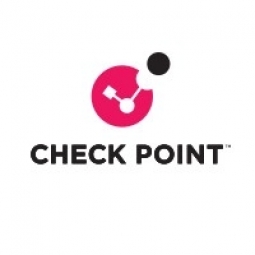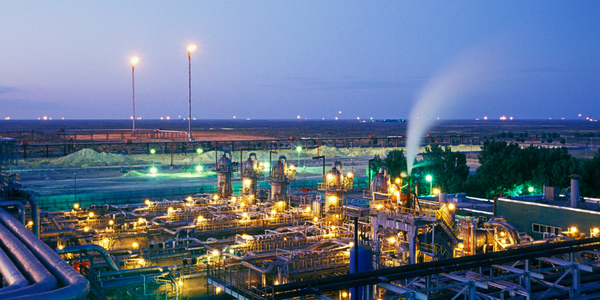Technology Category
- Cybersecurity & Privacy - Cloud Security
- Cybersecurity & Privacy - Network Security
Applicable Industries
- National Security & Defense
- Oil & Gas
Use Cases
- Construction Management
- Tamper Detection
Services
- Cloud Planning, Design & Implementation Services
- System Integration
About The Customer
Gas South is a leading provider of natural gas, serving over 300,000 residential, business, and governmental customers in Georgia, Florida, North and South Carolina. The company offers simple and competitively priced rate plans, outstanding local customer service, and a promise to give back 5% of its profits to help children in need. Since 2016, Gas South has been recognized as one of the “Top Workplaces in Atlanta” by the Atlanta Journal-Constitution. In 2016, the company migrated its previously outsourced IT infrastructure to Microsoft, choosing Office 365 as its new email platform, creating its own Active Directory domain, and migrating its server infrastructure to Azure.
The Challenge
Gas South, a leading provider of natural gas, faced a significant challenge when it migrated its IT infrastructure to Microsoft Azure in 2016. The company had to ensure secure access to its mission-critical applications in Azure, even in the event of a data center outage. The on-premises data center was a crucial link between users and Azure-hosted applications, but if it became inaccessible due to a storm, disaster, or power outage, no one could access the business-critical applications in the cloud. Power outages were a recurring problem due to fiber cuts from numerous construction projects in the vicinity. Furthermore, data center outages are common, with 34% of data centers surveyed suffering an outage or serious service degradation in the past year, many with serious financial consequences.
The Solution
To address these challenges, Gas South implemented Azure Express Route, a virtual private connection to ensure confidential access to their data as well as enhance reliability and lower latency. However, they still faced traditional cloud security risks and needed a security complement. After trying a Microsoft solution and a third-party appliance in Azure, both of which were inadequate, they found the right solution in Check Point CloudGuard IaaS. CloudGuard IaaS delivers advanced, multi-layered security for Azure environments, protecting assets in the cloud from attack while providing secure connectivity between the enterprise network and the company’s Azure deployment. It offers fully integrated security protections, including firewall, Intrusion Prevention System (IPS), antivirus, and anti-bot defenses against unauthorized access and malicious network attacks. The IPSec VPN blade allows secure connectivity over a dedicated and encrypted tunnel between Azure Virtual Networks (vNETs) and the enterprise network.
Operational Impact
Quantitative Benefit

Case Study missing?
Start adding your own!
Register with your work email and create a new case study profile for your business.
Related Case Studies.

Case Study
Taking Oil and Gas Exploration to the Next Level
DownUnder GeoSolutions (DUG) wanted to increase computing performance by 5 to 10 times to improve seismic processing. The solution must build on current architecture software investments without sacrificing existing software and scale computing without scaling IT infrastructure costs.

Case Study
Remote Wellhead Monitoring
Each wellhead was equipped with various sensors and meters that needed to be monitored and controlled from a central HMI, often miles away from the assets in the field. Redundant solar and wind generators were installed at each wellhead to support the electrical needs of the pumpstations, temperature meters, cameras, and cellular modules. In addition to asset management and remote control capabilities, data logging for remote surveillance and alarm notifications was a key demand from the customer. Terra Ferma’s solution needed to be power efficient, reliable, and capable of supporting high-bandwidth data-feeds. They needed a multi-link cellular connection to a central server that sustained reliable and redundant monitoring and control of flow meters, temperature sensors, power supply, and event-logging; including video and image files. This open-standard network needed to interface with the existing SCADA and proprietary network management software.

Case Study
Refinery Saves Over $700,000 with Smart Wireless
One of the largest petroleum refineries in the world is equipped to refine various types of crude oil and manufacture various grades of fuel from motor gasoline to Aviation Turbine Fuel. Due to wear and tear, eight hydrogen valves in each refinery were leaking, and each cost $1800 per ton of hydrogen vented. The plant also had leakage on nearly 30 flare control hydrocarbon valves. The refinery wanted a continuous, online monitoring system that could catch leaks early, minimize hydrogen and hydrocarbon production losses, and improve safety for maintenance.










